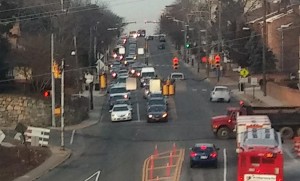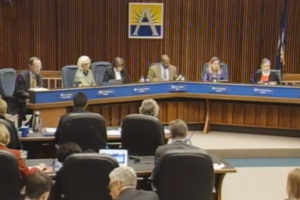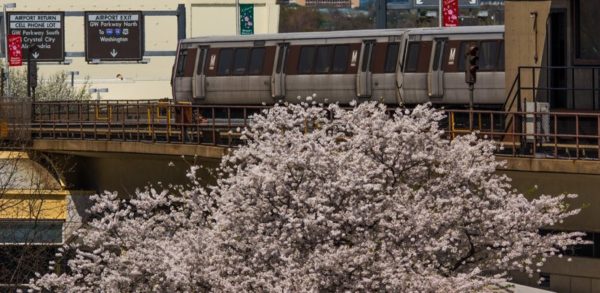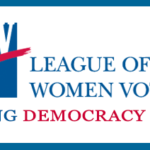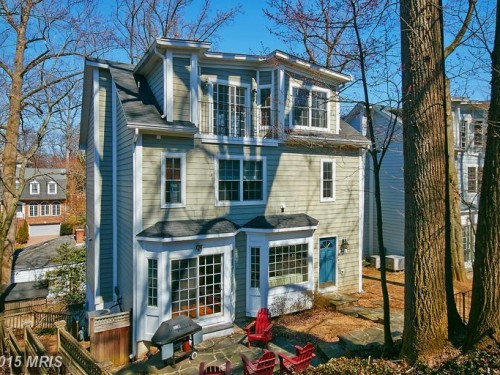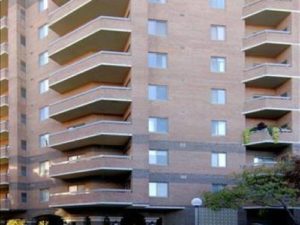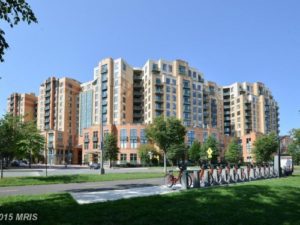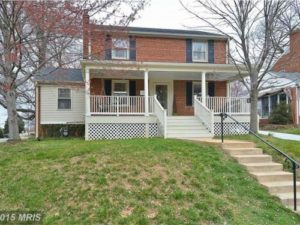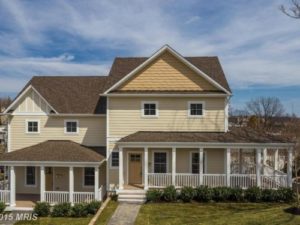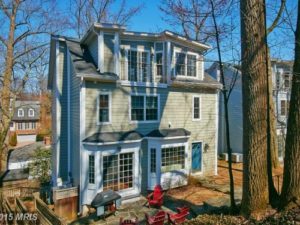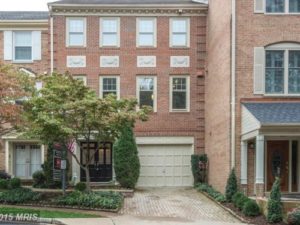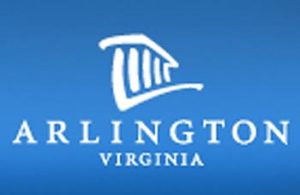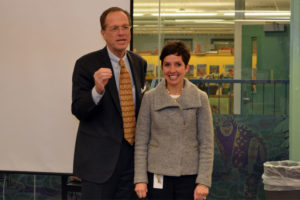 The principal of Oakridge Elementary and a third grade teacher at Patrick Henry Elementary are this year’s Arlington Public Schools principal and teacher of the year.
The principal of Oakridge Elementary and a third grade teacher at Patrick Henry Elementary are this year’s Arlington Public Schools principal and teacher of the year.
Oakridge Principal Lynne Wright will be honored with APS’ top award for administrators, 11 years after she won the 2004 Teacher of the Year Award while she was at Taylor Elementary School. Wright managed to improve Oakridge’s Standards of Learning test scores while at the helm of Arlington’s most overcrowded elementary school.
“Lynne is an energetic and charismatic leader who creates a positively charged school where students thrive and families are welcomed,” APS Superintendent Patrick Murphy said in a press release. “She recognizes the importance of building relationships with families and community that supports the diverse student population. Lynne is an exceptional educator and dedicated instructional leader who creates connections among staff, families and the community, all leading to the success of students.”
In the 2013-2014 school year, Oakridge raised its SOL pass rate in math from 76 to 85 percent and in reading form 74 to 81 percent. She accomplished this, in part, by integrating technology, data and stronger assessments into her school’s instruction.
Wright was named Oakridge’s assistant principal in 2007 and was promoted to principal in 2010.
“She is firm and demanding, yet friendly and approachable,” counselor Anne Terwilliger said in the release. “She encourages staff to hold each other to high expectations by modeling how to do so in a comfortable and respectful manner.”
Arlington’s 2015 Teacher of the Year is Dahlia Constantine, who serves as an instructional lead teacher and student teacher host, as well as leading her third-grade class.
 “Dahlia is an outstanding educator who builds strong relationships with her students and families,” Murphy said in a release. “She has a special talent to inspire children to become lifelong learners and continually seeks ways to involve families in the instructional process to create a comprehensive learning network.”
“Dahlia is an outstanding educator who builds strong relationships with her students and families,” Murphy said in a release. “She has a special talent to inspire children to become lifelong learners and continually seeks ways to involve families in the instructional process to create a comprehensive learning network.”
Constantine came to Arlington, and Patrick Henry, in 2011 after stints teaching in New York City, La Puente and Monterey Park, Calif., and Woodbridge, Va. Her principal, Annie Frye, lauded her use of data to inform her work in the classroom.
“Dahlia’s style, technique and passion for the educational profession are immediately evident when you walk into her room, when you meet her or, better yet, when you see her in action with her class,” Patrick Henry parent Colleen Godbout said. “The children are at such ease in the environment she creates. She respects her students and they can sense it.”
Constantine and Wright will be honored, as well as winning teachers from the other 34 schools in Arlington, at an awards reception at 7:00 p.m. on Wednesday, May 27 at Washington-Lee High School. The winners from each other APS school can be seen after the jump.







